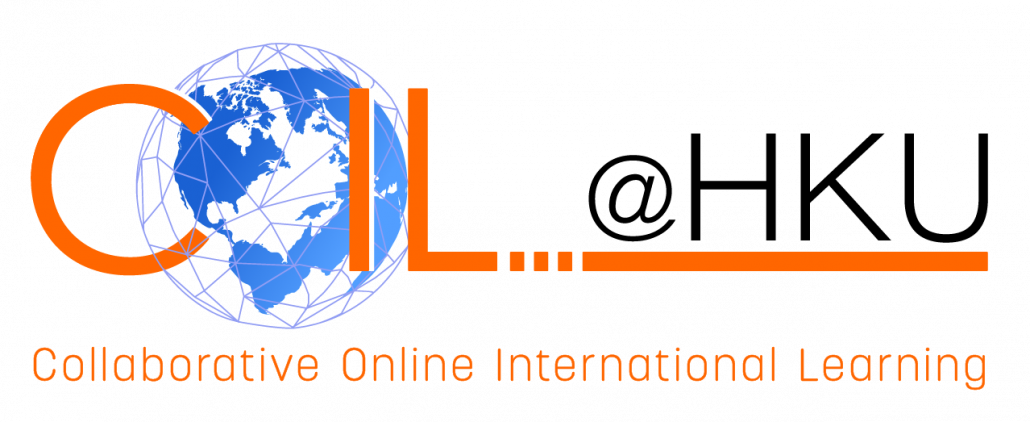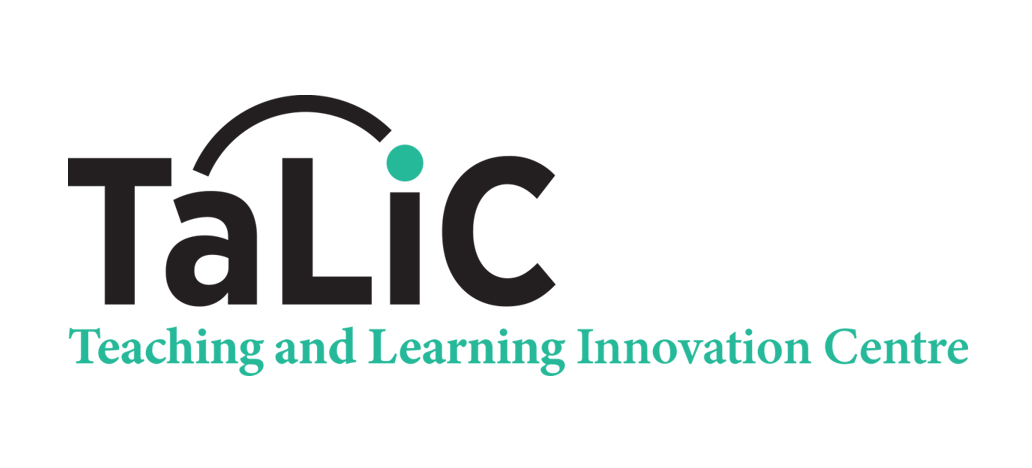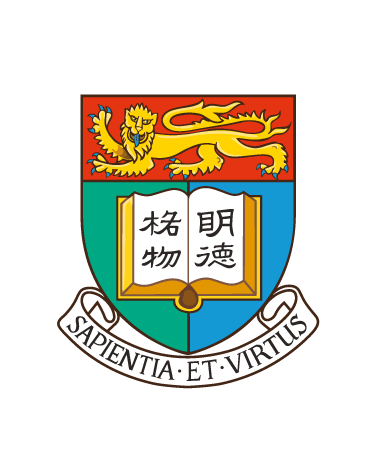To explain the concepts and key features of COIL, we showcase some recent HKU’s COIL courses and summarise their key takeaways.
Recent HKU’s COIL courses

(Semester 1, 2022/2023)
School of Education, University of Queensland
School of Education & Professional Studies, Griffith University

(Semester 2, 2021/2022)
Liberal Arts & Natural Science, University of Birmingham

(Semester 1, 2022/2023)
Faculty of Law & Social Sciences, Universidad ICESI, Cali, Colombia

(Semester 1, 2023/2024)
School of Education, Communication & Language Sciences, Newcastle University



